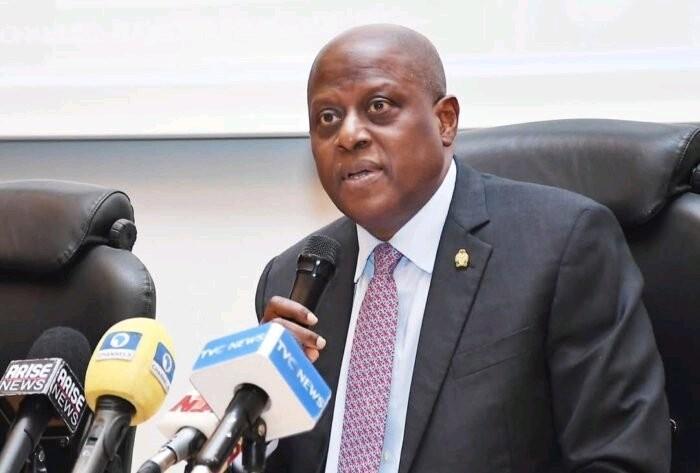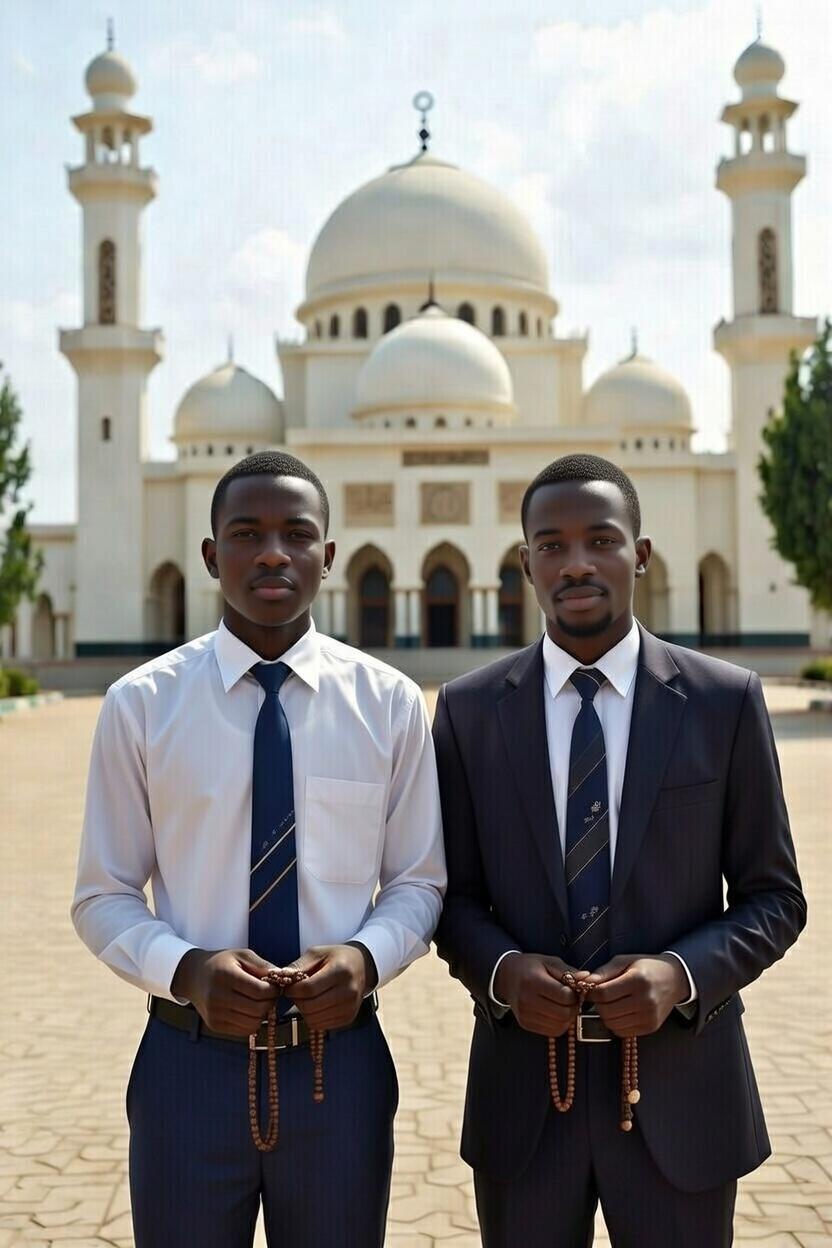Emefiele’s $4.5bn Fraud Trial Stalls as EFCC, Defence Clash Over Forensic Access

The trial of former Central Bank of Nigeria (CBN) Governor, Godwin Emefiele, over an alleged $4.5 billion fraud hit a major roadblock following a dispute between the Economic and Financial Crimes Commission (EFCC) and the defence team regarding the forensic examination of key digital evidence.
At the centre of the dispute is an iPhone and extracted WhatsApp chats presented by the EFCC as part of its case against Emefiele. The court had previously granted the defence permission to conduct an independent forensic examination of the device and chat logs, scheduling the process for September 24–25, 2025, under court supervision.
However, the defence reported that the examination could not proceed due to resistance from EFCC officials. According to them, the anti-graft agency refused to grant their forensic expert full access to the device, despite the presence of the court registrar and compliance with the court’s directives. The EFCC allegedly insisted that the device “could not be exposed to the entire team,” effectively blocking the forensic review.
The EFCC, in response, denied obstructing the process and raised concerns about the credibility of the defence’s forensic expert. The agency argued that the proposed analysis was to be conducted in an unverified online environment and claimed the expert lacked a verifiable laboratory or physical office address, potentially compromising the integrity of the data.
Prosecutors also warned that allowing unfettered access to the device could result in automatic syncing or data alteration, despite the phone being kept in flight mode to preserve its contents.
In light of the clash, the defence urged the court to issue a new directive ensuring “unfettered access” to the device for both parties’ experts. They argued that proceeding with trial without completing the forensic review would undermine Emefiele’s right to a fair defence.
Justice Rahman Oshodi ordered the EFCC to file its own forensic report within 24 hours and ruled that trial proceedings would continue, noting that the prosecution’s witness had travelled to attend the hearing. The judge also directed that all court documents be served electronically to avoid future delays.
The case highlights the increasing complexities of digital evidence in high-profile prosecutions, with both legal and technical challenges emerging around evidence handling, forensic standards, and defendants' rights.








